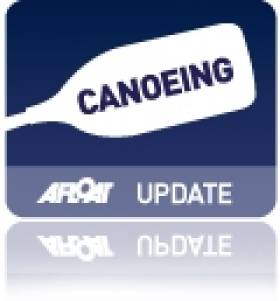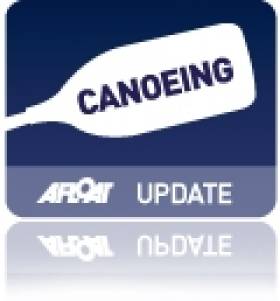Displaying items by tag: selection
A Different Approach to Olympic Sailing Nominations: No Trials, Just Pure Selection?
#roadtorio2016 – After Ireland secured three Olympic berths for Rio in Santander, the Irish Sailing Association (ISA) has yet to publish its own selection criteria on how Irish sailors might contest these places. According to David O'Brien in last Frday's Irish Times Sailing Column this will 'hopefully' will be available by the end of October but that's not quick enough for Water Rat.
The Rat has drawn up his own alternative Irish criteria for Rio with the basic idea that any sailor who goes to the games must contribute to medal chances – either now or in the future.
Water Rat maintains the important thing is to build for the future and the big debate is how you decide between upward trending rising talent and what some insiders are calling 'static incumbents'. The Rat concludes that given the notoriously fickle conditions that are forecast for Brazil, it is now time to think 'outside the box' and proposes no trials at all – just pure selection:
Rio 2016 Olympic Sailing Team Selection Criteria by Water Rat
In making the selection the selectors will have as their primary guiding factor the maximisation of Irish medal performances in 2016 and subsequent games.
To be eligible for selection, all sailors must be country qualified and must, by January 1st 2015, sign a binding contract with the Irish Sailing Association which, inter alia, establishes the conditions pertaining to training, competition, lifestyle, sponsorship, funding, behaviour and the appeal mechanism in the event of contract disputes.
Sailors, whose performance qualified Ireland at the World Championships in 2014, are not guaranteed selection.
If country qualification has not been achieved at or before the Class world Championships in 2015, then sailors competing in that class will not be considered for selection.
The following points will be taken into consideration:
1. Improving results at major European or International Events, including World and Continental Championships, World Cup events and Eurosaf Events.
2. The trend in results at these events.
3. The potential for results at future games.
Should two or more sailors/team in one or more classes achieve a suitably high standard of results, then a trial may be held. Such a trial will use a major event or events to determine the favoured sailor/team.
In classes where only one Irish Sailor/team has displayed a satisfactory standard early confirmation of selection may be made.
Olympic Canoe Slalom Qualifying Spots Snapped Up in Lucan
#CANOEING - The Irish Times reports that Eoin Rheinisch and Ciarán Heurteau have secured their canoe slalom qualification spots for London 2012 after last weekend's selection races in Lucan.
Three places were up for grabs in the men's K1, with the third yet to be confirmed after fourth-placed Patrick Hynes contested a touch on a gate by third-place finisher Sam Curtis.
Canoeing Ireland's recently appointed general manager Karl Dunne said the objection is currently being considered.Meanwhile, in the women's K1, the qualifying spots went go Hannah Craig, Helen Barnes and Aisling Conlon.
The qualifiers will be part of the European Championships in Augusburg, Germany from 10-13 May, where Olympic spots are available for boats from two countries not already qualified.
Entry for Canoe Slalom Team Trials Closes This Weekend
Entry closes this Sunday for the Canoeing Ireland slalom team trials and selection races, scheduled for 16-17 April.
Canoeists hoping for selecton must compete in a total of three events over the weekend. at the Sluice Weir in Lucan, Co Dublin.
Entry forms are available from the Canoeing Ireland website HERE.
Entries must be submitted by e-mail before 5pm on Sunday 10 April, with signed forms payment sent as soon as possible to the Irish Canoe Union.

























































